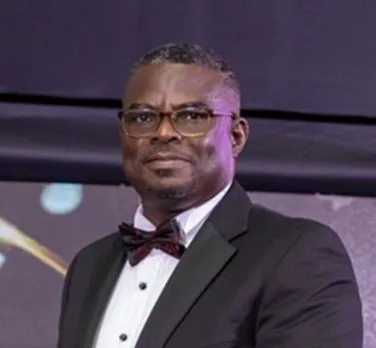Deepfakes—artificial intelligence-generated media that convincingly mimic real individuals—pose a significant threat to the integrity of Ghana’s electoral process. As the nation approaches its general elections on December 7, 2024, the proliferation of deepfakes has the potential to mislead voters, distort public perception, and undermine democratic institutions.
Potential threats to electoral integrity
Deepfakes can be weaponized to disseminate false information about political candidates, parties, and policies. For instance, a manipulated video might depict a candidate making controversial statements they never actually made, thereby damaging their reputation and influencing voter behavior. Such tactics can sow confusion and erode trust in the electoral process.
Recent incidents
Ghana has already witnessed instances where deepfakes have been used to mislead the public. A notable example involved a video circulating on social media that appeared to show Vice President Dr. Mahamudu Bawumia singing a Chinese song. Many Ghanaians believed the video to be authentic, highlighting the effectiveness of such manipulations.
Challenges in detection
Detecting deepfakes is increasingly challenging due to advancements in AI technology. Traditional indicators, such as unnatural facial movements or audio-visual mismatches, are becoming less apparent. Moreover, many detection tools are trained primarily on data from Western contexts, making them less effective in identifying deepfakes involving African individuals or languages. This limitation poses a significant challenge for Ghanaian fact-checkers and media organizations striving to maintain information integrity.
Mitigation strategies
To combat the threat of deepfakes in Ghana’s elections, a multifaceted approach is essential:
Public awareness and education: Educating the electorate about the existence and potential impact of deepfakes is crucial. Media literacy programs can empower citizens to critically evaluate the content they encounter and recognize signs of manipulation.
Technological solutions: Investing in and developing AI detection tools tailored to the Ghanaian context can enhance the ability to identify and flag deepfake content. Collaborations between local tech communities and international experts can facilitate the creation of more effective detection mechanisms.
Legislative measures: Implementing laws that specifically address the creation and dissemination of deepfakes, particularly in the context of elections, can serve as a deterrent. Penalties for those found guilty of using deepfakes to influence political outcomes should be stringent enough to discourage such activities.
Social media platform accountability: Platforms like Facebook, Twitter, and WhatsApp play a significant role in the dissemination of information. Encouraging these companies to implement robust detection mechanisms and promptly remove deepfake content is vital. Transparency in their operations and collaboration with fact-checkers can further mitigate the spread of manipulated media.
Conclusion
As Ghana approaches its 2024 general elections, the threat of deepfakes looms large. Addressing this challenge requires a concerted effort from all stakeholders, including the government, civil society, media organizations, and the public. By fostering awareness, enhancing detection capabilities, enacting appropriate legislation, and holding social media platforms accountable, Ghana can safeguard its electoral integrity against the pernicious effects of deepfake technology.










